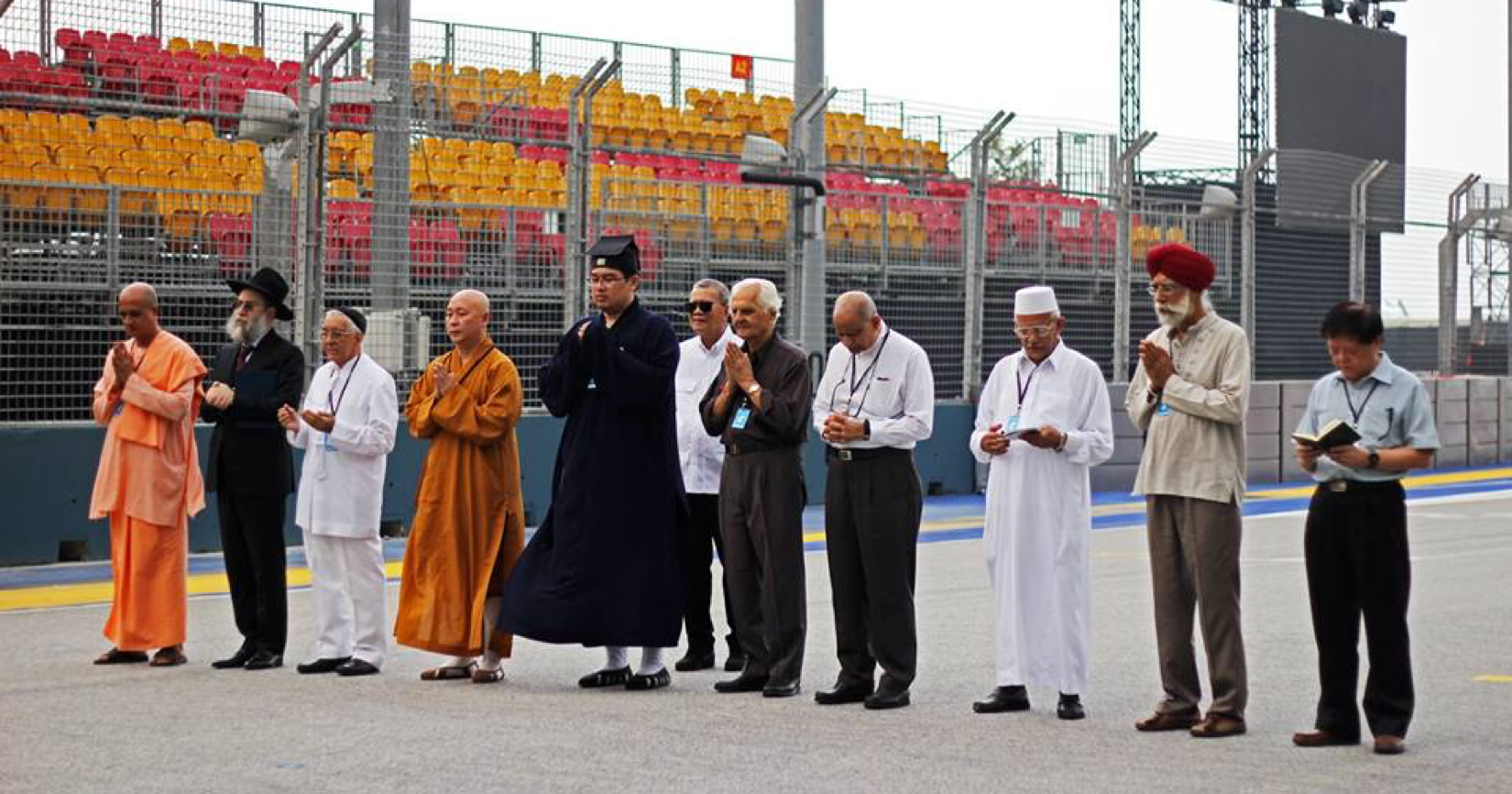On Sep. 2, Sun Xueling, Senior Parliamentary Secretary for Ministry of Home Affairs, proposed several changes to the Maintenance of Religious Harmony (Amendment) Bill (MRHA) in Parliament.
These amendments are meant to strengthen the government's ability to deal with threats to Singapore's religious harmony.
The MRHA was enacted in 1990 and came into force in 1992. It has never been invoked since it came into effect.
Updates to Restraining Orders (RO)
Currently, the MRHA already allows the government to issue an RO against persons who disrupt Singapore's religious harmony.
However, the scope of the RO is now updated for the digital era.
With the advent of the Internet and social media, swift action needs to be taken to prevent the spread of messages which are offensive to religious communities.
The scope of the RO will be expanded to require the offender to take down offensive online posts, as inflammatory online content is no different from offensive offline speeches.
Instead of giving a 14-day notice before issuing an RO, like current practice, the RO in the updated legislation would take immediate effect after it is issued by the Minister of Home Affairs.
Community Remedial Initiative (CRI)
Sun also proposed the introduction of a Community Remedial Initiative (CRI), which is a way for the Ministry of Home Affairs (MHA) to resolve offences between parties without the need for prosecution.
Under the CRI, the MHA Minister may offer a person who has wounded the feelings of another the opportunity to mend ties.
Examples of remedial actions under the CRI include a public or private apology to the aggrieved parties, or participation in inter-religious events.
While the CRI will not be mandatory, completion of the CRI will be taken into account when assessing whether the offending person will be prosecuted.
Safeguards against foreign influence
In order to prevent foreign actors from undermining religious harmony in Singapore, certain safeguards will need to be implemented.
First, religious organisations will need to comply with certain leadership requirements.
The President, Secretary and Treasurer of religious organisations will have to be citizens or PRs, and the majority of the governing body also have to be citizens.
Exemptions will be granted on a case-by-case basis, if organisations have historically been cross-border organisations, or if the foreign leadership is not assessed to advocate views that have an adverse impact on religious harmony in Singapore.
Second, to enhance transparency on the foreign funding of religious organisations, they should be required to disclose any single-time donation of S$10,000 or above, if they do not come from citizens or PRs, with certain exceptions.
Religious organisations with affiliations to foreign individuals or organisations should also have to declare such affiliations.
Religious leaders held to higher standards
As both the Penal Code and the MRHA currently have provisions that safeguard religious harmony, the proposed changes would consolidate Penal Code religious offences under the MRHA.
In addition, religious leaders would be held to higher standards, as they wield greater influence over religious matters.
The consolidated offences will cover acts that:
- Incite violence on the basis of religion, or against a religious group or its members;
- Incite feelings of enmity, hatred, ill-will or hostility against a religious group; and
- Insult the religion or wound the religious feelings of another person
While the first offence will apply equally to everyone, the identity of the offender will matter for the other two offences.
For persons who are not religious leaders, the act must risk disturbing public peace before it is deemed an offence.
On the other hand, the element of disturbing public peace is not necessary for it to be deemed an offence for a religious leader, as any offensive remark or action they take may cause more harm than that of an average person.
Stakeholder consultations
These changes were proposed after consultations with several major stakeholders, including the Presidential Council for Religious Harmony (PCRH) and various religious organisations.
These organisations include the Roman Catholic Archdiocese of Singapore, Islamic Religious Council of Singapore, National Council of Churches Singapore, Singapore Buddhist Federation, Taoist Federation, Sikh Advisory Board, Hindu Endowments Board, and Hindu Advisory Board.
The PCRH and these apex religious organisations were supportive of these amendments, and MHA also incorporated their feedback.
Top image from Singapore GP.
If you like what you read, follow us on Facebook, Instagram, Twitter and Telegram to get the latest updates.
